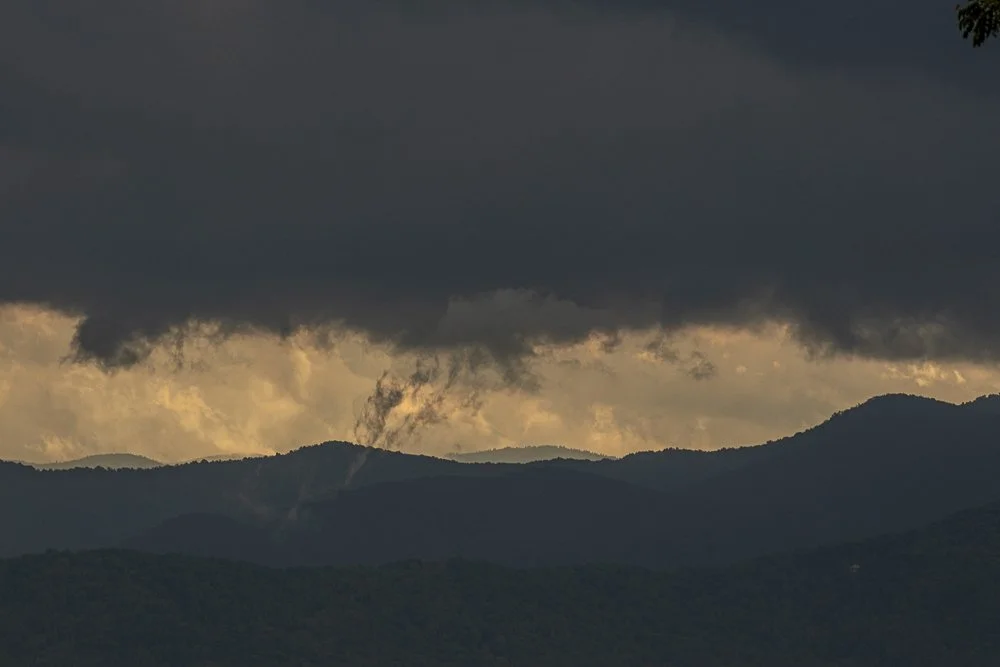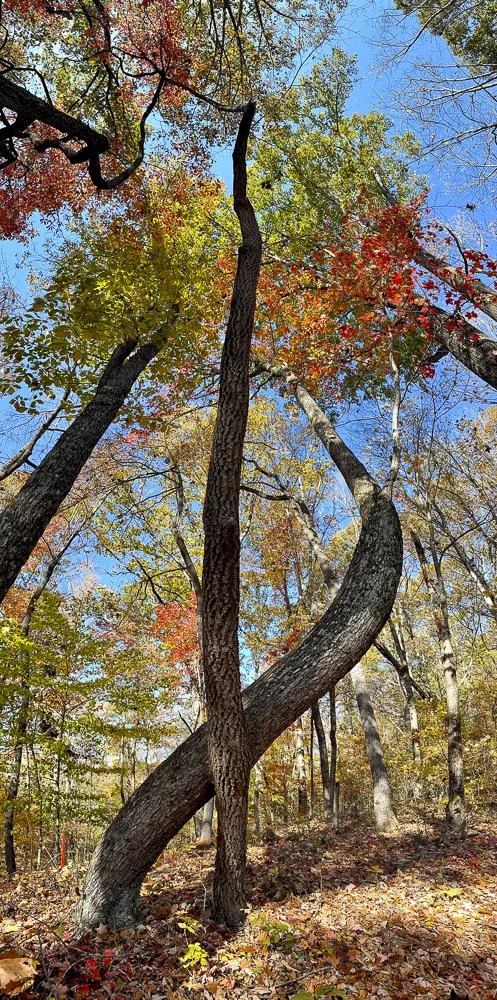Pema Chödrön once said,
“Letting there be room for not knowing is the most important thing of all. When there’s a big disappointment, we don’t know if that’s the end of the story. It may just be the beginning of a great adventure. Life is like that. We don’t know anything. We call something bad; we call it good. But really we just don’t know.”
I find this perspective both liberating and deeply challenging. It’s human nature to crave certainty. We long for answers, closure, and the reassuring belief that we can control how life unfolds. But the truth is, we can’t.
We just don’t know, do we? We think we know how things will turn out—how that relationship will evolve, whether that project will succeed, how our choices will shape the future, or what direction our world is heading. But time and time again, life reminds us: we don’t know. We can’t know.
Uncertainty in Unprecedented Times
And in these times—when the ground beneath us feels so unstable, when the stakes seem impossibly high—it’s tempting to grasp harder for answers, for control, for guarantees. Yet what if the very times that feel most disorienting also hold the greatest potential for transformation? For reshaping not just our lives but the world?
Neuroscience offers a humbling reminder: our minds are notoriously poor at predicting the future. We cling to stories about how things should go, but those stories are shaped by fear, bias, and the limits of our perspective. They rarely capture the infinite possibilities that life holds.
And yet, even in the face of this uncertainty, we resist. We label experiences as “good” or “bad,” “successes” or “failures,” based on a narrow moment in time. But what if we paused? What if we created space for the unknown to surprise us in ways we can’t imagine?
Creating Space for the Unknown
Letting go of certainty doesn’t come easily. It feels vulnerable—like standing on the edge of a vast, uncharted expanse. But within that vulnerability lies incredible freedom. When we stop clinging to the illusion of control, we can begin to navigate life with more ease, curiosity, and flow.
Here are four ways to begin making space for not knowing:
1. Pause and Acknowledge the Unknown:
When you feel yourself grasping for answers, take a breath and remind yourself: “I don’t know how this will turn out—and that’s okay.” This simple acknowledgment can create openness where there was once tension.
2. Reframe Disappointment:
Pema Chödrön’s words remind us that what feels like a loss today could become the seed of something extraordinary tomorrow. Holding this perspective allows us to face life’s twists and turns with greater resilience.
3. Cultivate Curiosity:
Instead of labeling events as “good” or “bad,” approach them with curiosity. Ask yourself: “What might this experience teach me? What new possibilities could emerge from this?”
4. Embrace Stillness:
Sitting with uncertainty can feel counterintuitive in a world obsessed with action and answers. But stillness—through meditation, walking in nature, or simply pausing—creates space for insights to surface.
Possibility Lives in the Unknown
When we resist the unknown, we limit ourselves. We cling to familiar patterns and predictable outcomes, even when they no longer serve us. But when we release that grip, we open the door to possibility.
Think about it: how many of life’s most profound moments—those that shaped you, brought you joy, or shifted your path—came from something you didn’t see coming? A chance encounter. A surprising opportunity. A loss that led to unexpected growth.
This is especially true now. The world is shifting in ways that can feel unbearable. Yet within this chaos lies the potential for profound transformation—not because we know how things will unfold, but precisely because we don’t.
Acting Without Rigidity
This doesn’t mean we stop making plans or striving for goals. It doesn’t mean we abandon the call to act—especially when the world urgently needs us to rise. But true action doesn’t require rigid certainty or a fixed outcome.
When we take action with an open heart—without clinging to how things must go or should end—we create space for something far greater than our limited vision. We allow the unexpected, the transformative, and the extraordinary to emerge.
An Invitation to Trust
So, what if we stopped trying to know? What if, instead of grasping for certainty, we leaned into trust? Trust that the unfolding of life—messy and unpredictable as it may be—carries its own wisdom and rhythm.
This doesn’t mean we stop caring or creating a better world. It means we soften our grip, holding our plans lightly while remaining open to what we can’t yet see.
The next time you feel the pull of the unknown, especially when you feel existential dread, I invite you to pause. Breathe. Remind yourself that not knowing is not the absence of direction—it’s the fertile ground where possibility grows.
What might you discover if you let go of the need to know?



